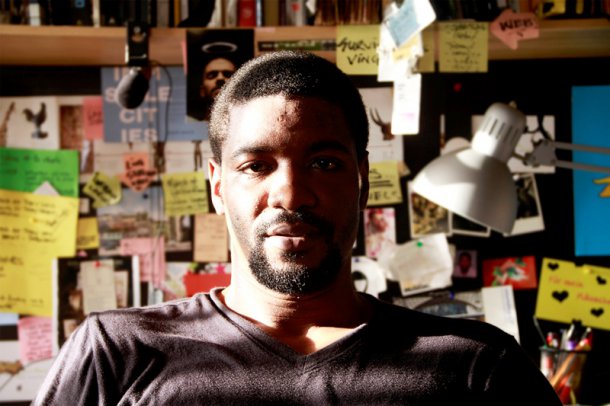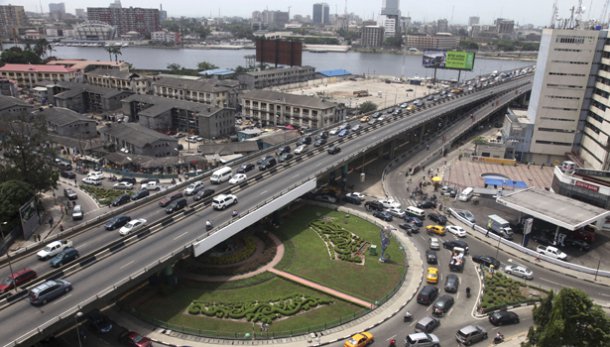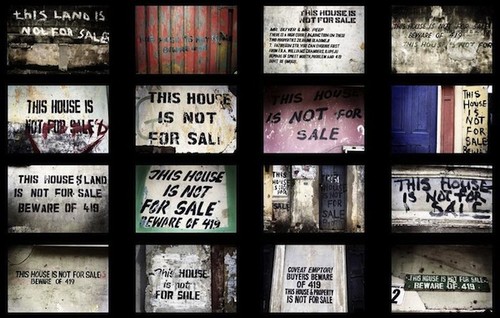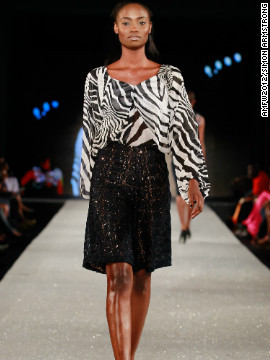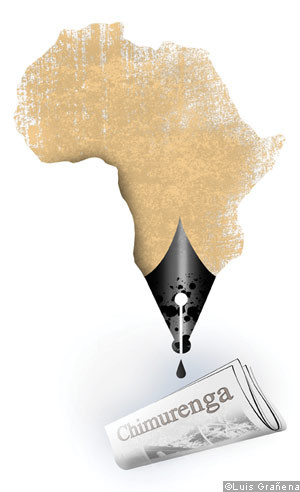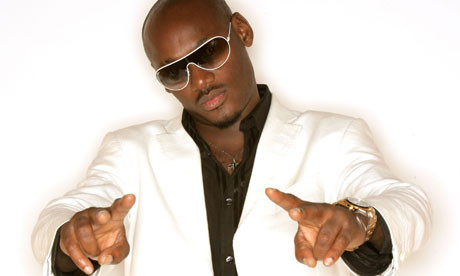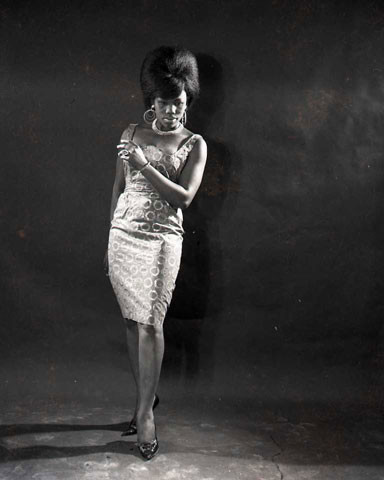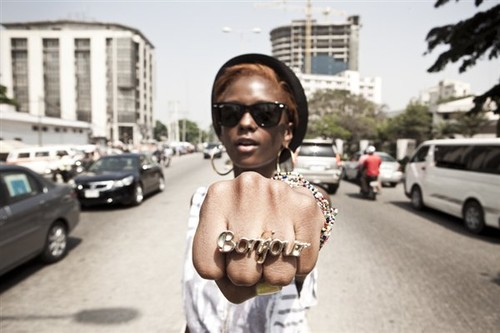Invisible Borders: Lagos-Sarajevo
Published20 Aug 2013
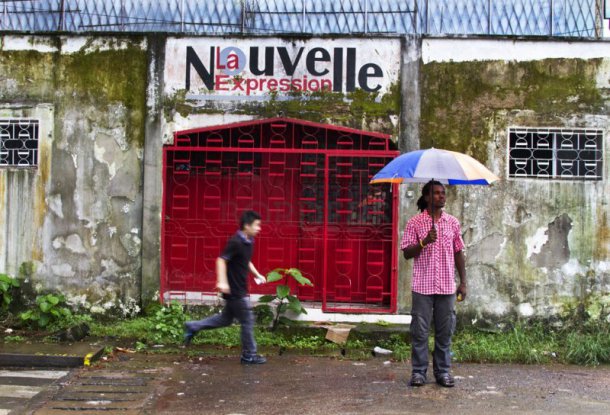
O projecto Invisible Borders do nigeriano Emeka Okereke nasceu em 2009 e abre agora inscrições para a edição de 2014. Desta vez as fronteiras ultrapassam o continente africano e o trajeto é Lagos - Sarajevo. As candidaturas para artistas africanos estão abertas até 10 de Novembro.
“Invisible Borders Trans-African Photographers Organisation” is an artist-led initiative founded in 2009 by Emeka Okereke but officially registered in 2011 as a not-for-profit organisation under CAC in Nigeria. (...) The main aim of the Organisation is to work with artists and Individuals to contribute through art and photography to the patching of numerous gaps and misconceptions posed by frontiers within the 54 countries of Africa. Beyond that the organisation hopes to expand its activities beyond issues that relate to geographic borders and other forms of discriminating parameters in photography and arts. It is a platform that also stands as a symbol of exchange of ideas between cultures and people."
Há maisinformações sobre o projeto aqui e sobre as candidaturas aqui

